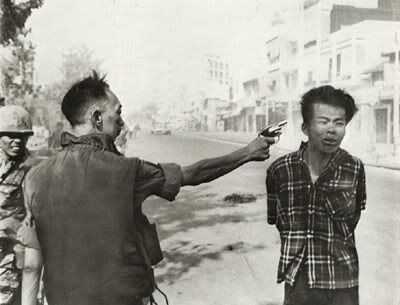Whispering Death
Active member
Italian guy, there's no harm in disagreement. If everyone agreed on everything in this forum then there would be no reason to be here because there wouldn't be anything to learn! 
When we talk about "millitarily" you all seem to be focused on bombs and bullets but what I am saying is that there is much more to war than that and that if you ignore them you are doomed to failure.
I think you guys are understanding my position here but let me try and clarify it just a little more. In the middle ages you're charged with defending a castle from attackers. You man the ramparts and arm the archers. But at night a spy flings open the gates and lets the enemy in. Did you suffer a millitary defeat? I say yes because espionoge is a facet of warfare. A very similar thing happened in Vietnam. To answer godofthunder's question, those men on the ramparts did not fail in their duty but the end result was defeat.
When we talk about "millitarily" you all seem to be focused on bombs and bullets but what I am saying is that there is much more to war than that and that if you ignore them you are doomed to failure.
I think you guys are understanding my position here but let me try and clarify it just a little more. In the middle ages you're charged with defending a castle from attackers. You man the ramparts and arm the archers. But at night a spy flings open the gates and lets the enemy in. Did you suffer a millitary defeat? I say yes because espionoge is a facet of warfare. A very similar thing happened in Vietnam. To answer godofthunder's question, those men on the ramparts did not fail in their duty but the end result was defeat.


